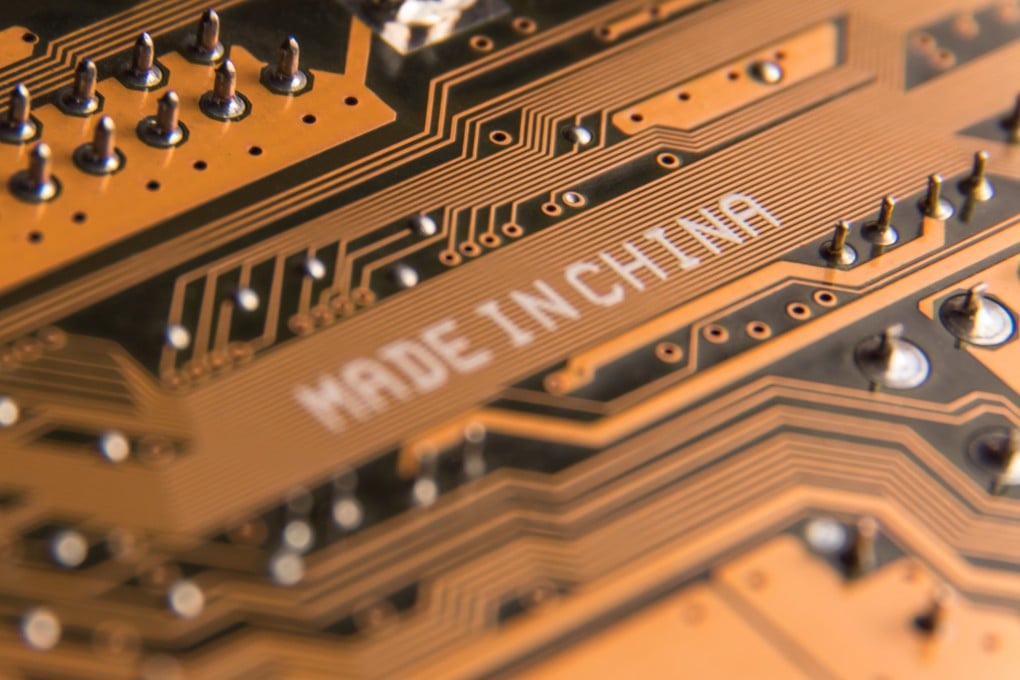China’s WTO membership reshaped the country and global supply chains, but progress belies a future rife with uncertainty
- Businessmen from Hong Kong, Shenzhen and Shanghai reflect on the past 20 years of China’s membership in the World Trade Organization
- From a ‘very backward’ Shenzhen filled with rural farmland to the world’s manufacturing powerhouse, progress has surpassed expectations of what WTO membership would bring China

From their various vantage points in major trade hubs, three businessmen have had front-row seats to China’s economic ascension since it joined the World Trade Organization in 2001.
And the 20-year journey has been a lucrative one for Li Yixin, a Shanghai-based independent investor in his forties; Liu Kaiming, a Shenzhen-based supply-chain specialist; and Chai Kwong-wah, 72, from Hong Kong.
But as the coming years almost certainly look to be filled with more political and economic tensions and uncertainties, the three Chinese men have different prospects and outlooks.
“When I first came to Shenzhen to set up toy factory in 1993, I felt that the place was very backward,” Chai said. “At that time, I paid the government about 1 million yuan to use more than 5,000 square metres of land for 30 years. Local officials warmly welcomed me and encouraged me to pick up a 50-year contract, but I chose only the 30-year one. Now China has developed much more than I had expected back then.”
Output at Chai’s toy factory – producing Hello Kitty items for Japan, and Disney dolls and stuffed animals for the United States and Europe – grew rapidly following China’s accession to the WTO as labour and raw materials remained cheap and stable. At its peak, he said, the factory employed as many as 10,000 workers.